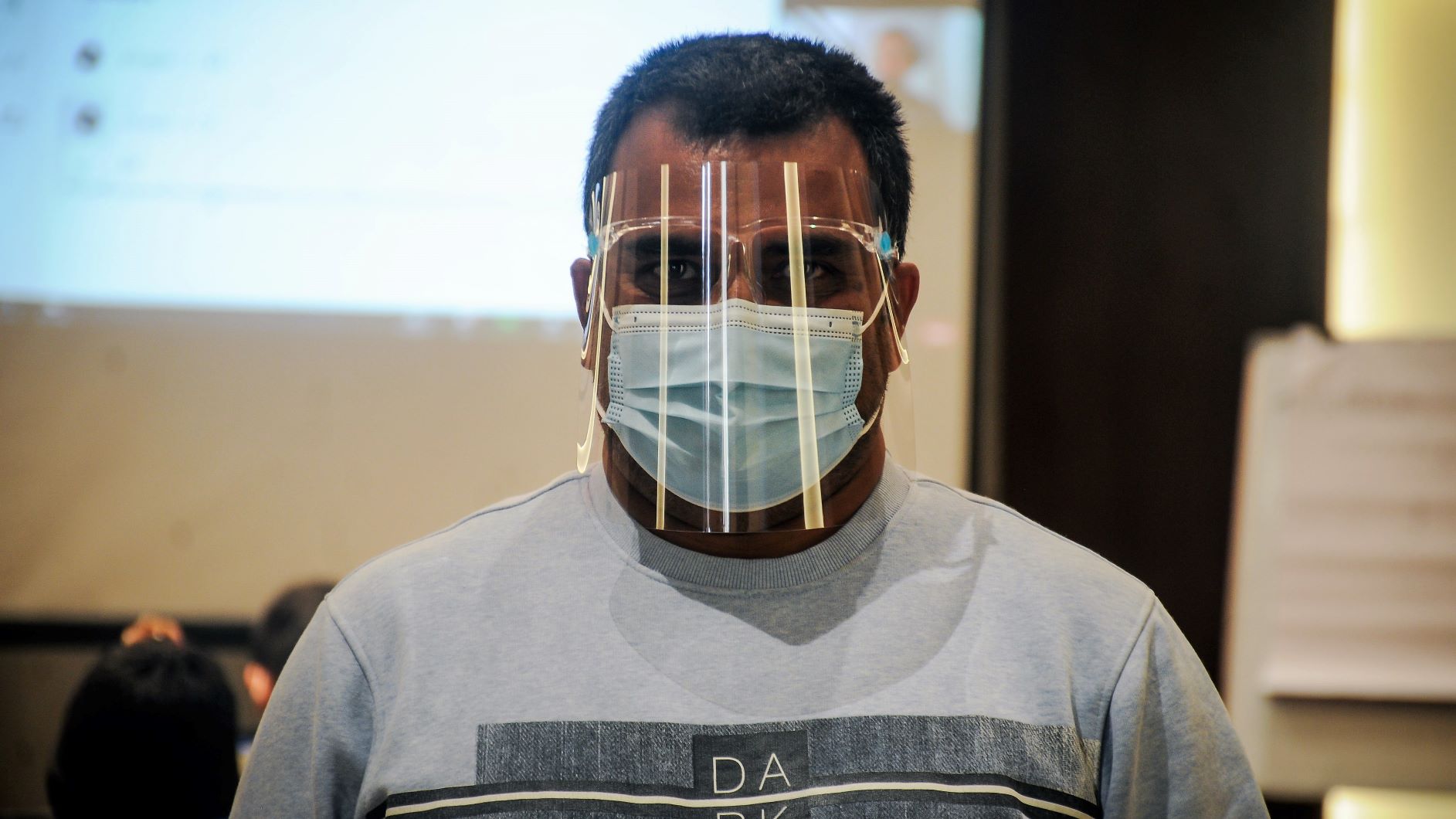Last week, Naya Patrika, a daily tabloid, printed main story on a sex video of a rising female movie star. The story became buzz of the town, albeit on whispers, and was loud on internet as the video, first available on YouTube, was available to download on many online forums.
The video, reported about six-month old, showed the female actress and model in explicit sexual act with a married DJ. A private video – but of course of ‘big news’ for the paper: big because it attracted more than 500 comments in less than three days on its website (the second most commented story on the site had 273 comments, printed two months ago).
Before indulging into what was right and what was wrong, let me look into similar incidents in Nepal.
There were at least two similar incidents when the debate of media ethics on publication of such materials emerged. The first was publication of the nude photo of a top actor by a monthly magazine and then publication of photo of an actress in sexual act by a weekly.
The first case ended after the publication apparently apologizing with the actor after long debate and in second case, the actress committed suicide.
This news case is different in at least one factor: first the media did not publish any photo that could be considered obscene –although there were photos from the videos. (But it’s publication of the news that such video existed was enough for thousands of people to search and download the video from internet).
We at our newsroom had a long discussion on was it ethical for media to publish such news. There were arguments for and against but the not a consensus. The nearest conclusion probably was that ‘it’s an issue, running it or not is a newsroom decision.’
For tabloids, such news is big; for broadsheet, almost nothing. (As in this case, no broadsheet has printed anything on it while many weekly broadsheets are not missing the follow-ups).
One thing for sure: the debate of ethics on publication of such news leads nowhere.
The video means the actress’ movie career is over; but more disastrous effect is the social embarrassment throughout her life. But can the media be held responsible for any effect on her life due to video?
No. Despite the fact that media should be socially responsible for the effect, it should not be held responsible.
The reason she suffered is not the media but the mistakes she committed: firstly, she had an illicit relations which our society does not perceive as moral behavior; and secondly, she let the act to be recorded.
Would the newspaper have published such story if at least one of the involved people was not a celebrity? No. Then why only chase celebrity? Because they are the one people follow. Was it right on their part to engage in such activities or record such activities despite knowing that they could be the ideals of many fans?
Being a celebrity also means some social responsibility.
Personally I think media in countries like Nepal should have refrained from publishing such materials primarily because it has a lifelong effect on those involved. Everyone commits mistake; the celebrities pay bigger price for it if they go public.

